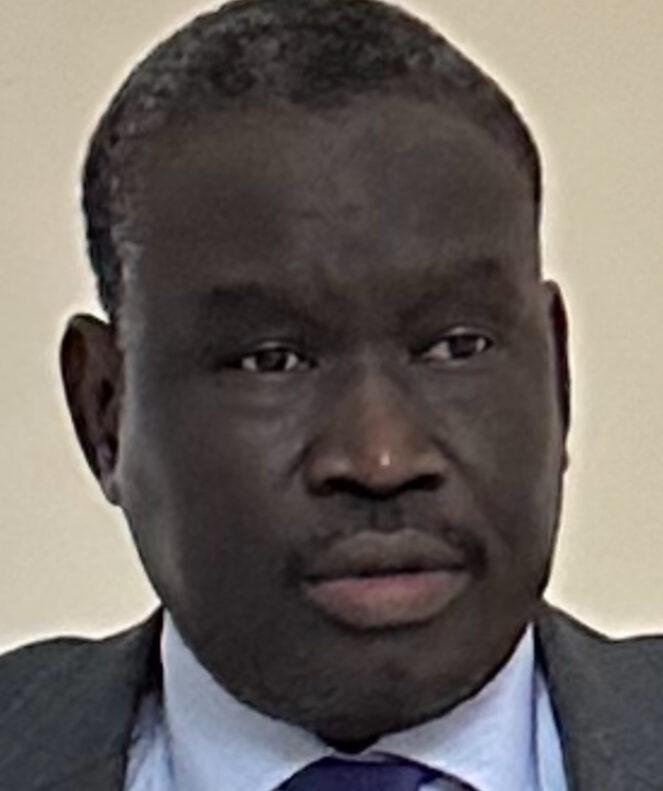In a country born from the womb of a long war, the struggle for power is more than a political contest—it is a test of the state’s ability to uphold the social contract that gave it legitimacy. That is why the words of Kuol Manyang, one of South Sudan’s most senior SPLM/SPLA veterans, carry weight. Speaking before an African Union delegation, he described the house arrest of Dr. Riek Machar as “a criminal rather than a political measure.”
This is no passing remark. It signals a way of thinking that turns political disagreement into a security case file, closing the door to political resolution. Such logic does not protect the state—it undermines it.
Kuol’s career spans from the battlefields of the 1980s to leadership roles as Governor of Jonglei and Minister of Defense. He has long been associated with a current in the SPLM that prioritizes security control over institutional reform. His latest statement continues that pattern, reframing a dispute anchored in a signed peace agreement as a matter for security forces, not political dialogue.
National and international law are clear: if a detention is criminal, the accused must be informed of the charges, allowed legal defense, brought before a judge promptly, and tried in public. Since March 2025, none of these steps have been taken in Dr. Machar’s case. Kuol’s framing serves as political cover for an unlawful act.
Behind this lies fear. The regime, and figures like Kuol, fear not only Machar as an individual but his political reach. He represents a broad constituency across strategic regions, carries a proven negotiation record, and has been an indispensable player in every political settlement since the days of Dr. John Garang. His freedom of movement could shift the national balance of power—and that threatens the fragile foundations of the current system.
By choosing the language of “crime” over “politics,” Kuol is not showing strength but hiding weakness. Facing Machar in the political arena could expose the limits of the regime’s power to a public that still knows the difference between fighting for the chair and fighting for the future of the state.
Political wisdom is not inherited from the liberation struggle. It is measured by the ability to restrain power with law and turn conflict into settlement. Reducing the state to a security apparatus that decides who is a politician and who is a criminal is the logic of the jungle, not the logic of a republic.
If the goal is peace, the path is clear: either present credible evidence to the courts or release Dr. Machar to resume his national duties. Restore the dispute to the political sphere and resolve it through the mechanisms agreed in the Revitalized Agreement on the Resolution of the Conflict in the Republic of South Sudan (R-ARCSS) 2018. That is the work of a statesman.
South Sudan belongs to all its citizens. We are bound by a social contract forged in war and declared at independence. To preserve it, we must choose justice and mutual respect over mutual criminalization. Power without law destroys nations; law above power builds them. Fear of a politician should never justify eroding the state—it should drive us to strengthen it through inclusion, not exclusion.
The writer, Samuel Peter Oyay, is a South Sudanese political activist, strategist, and commentator with over two decades of experience in governance and management. He can be reached via samualjago@yahoo.com
The views expressed in ‘opinion’ articles published by Radio Tamazuj are solely those of the writer. The veracity of any claims made is the responsibility of the author, not Radio Tamazuj.




